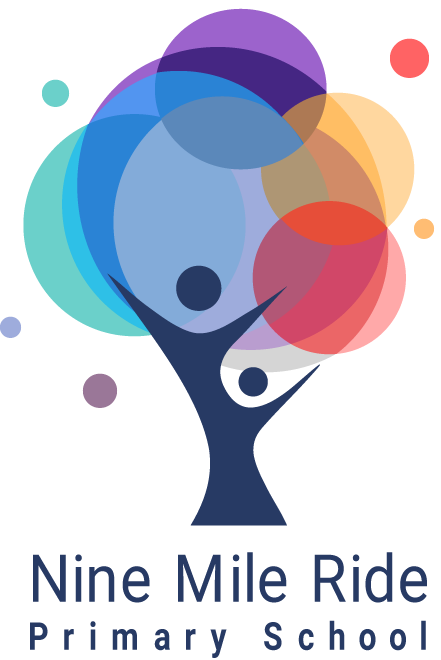Social, Emotional and Mental Health
Social, Emotional and Mental Health (SEMH) is the area of health that includes the ability to express needs, wants and emotions in a positive way, manage anger and conflict and deal appropriately with frustrations. It involves practicing life skills, making responsible decisions, developing good character, following a plan to manage stress and being resilient during difficult times.
Examples of Social, Emotional and Mental Health needs, which are listed in the SEND Code of Practice, include:
- Anxiety or depression
- Self-harming and substance misuse
- Eating disorders
- Attachment disorder
- Attention deficit disorder
- Attention deficit hyperactive disorder
How do we support this?
At Nine Mile Ride Primary School we support children’s SEMH needs in several ways as they are a key component of children’s healthy development and critical in learning and meeting developmental milestones.
High Quality Teaching
At Nine Mile Ride we have a clear process in how we support children with social and/or emotional difficulties in class, including how we manage the effect of any disruptive behaviour. Staff have had the opportunity to engage in online courses, on how to support SEMH in the classroom.
All staff are equipped with Growth Mindset, Pixl ‘A Mind to be Kind’ and Thrive resources to support SEMH. Staff can use visuals to support how children are feeling and regulate themselves in an appropriate way.
Targeted / Individualised Support:
Talkabout
A series of social communication programmes aimed at KS2 to improve social skills such as Listening, Conversation skills, Body language, Awareness and Assertiveness
Thrive
A programme developed to support children’s emotional and social development. Helping them to feel happy , secure and ready and able to learn
Lunchtime Club
We run a lunchtime club for vulnerable pupils with a range of games and activities. An opportunity to socialise in a relaxed and calm environment
Post Box Referral
Children are encouraged to communicate with the Nurture Assistant via a self-referral system. Enabling them to confidentially ask for support
Social Stories
Stories written and shared with children to help them with new or difficult social situations, changes in routine or to address behavioural difficulties
Classroom Worry Box
Used in all classrooms to support wellbeing. Children are encouraged to share and talk about their worries.
Circle of friends
This is an approach to enhancing the inclusion, in a mainstream setting, of any young person (known as ‘the focus child’), who is experiencing difficulties in school because of a disability, personal crisis or because of their challenging behaviour towards others.
Pixl Character Wellbeing
PiXL Wellbeing has been developed to support young people to take responsibility for their health and wellbeing. Exciting resources will educate, inspire and empower young people to look after their wellbeing and lead a healthy, active lifestyle.
How can I support at home?
If you think your child might need help with their social, emotional, and mental health needs at home you can support them in the following ways:
- Recognise when your child may be anxious, worried stressed or experiencing other SEMH difficulties to see what triggers this behaviour (please see image on how to spot anxiety)
- Anxiety is contagious, try to be calm, consistent and celebrate positives
- Provide emotional warmth to make others feel secure. Be understanding and reassuring
- Acknowledge feelings
Try to challenge any anxious or negative thinking that the child may be having in a supportive manner. For instance, by asking “What is your evidence for that?”, “Will it always be like that?”, “Are there any other explanations?” and “What is the worst that could happen?” - Use worry diaries at home consistently, at a set time
- Listen to relaxing music or meditations, such as mindfulness
- Use of apps for relaxation and mindfulness techniques
Useful links:
- This link from the NHS explores strategies on how to support a child with anxiety:
http://www.nhs.uk/Conditions/stress-anxiety-depression/Pages/anxiety-in-children.aspx - This link is for Youth Access, which is an advice and counselling network:
http://www.youthaccess.org.uk/ - Local groups that support mental health:
https://arcweb.org.uk/ - https://cypf.berkshirehealthcare.nhs.uk/our-services/children-and-adolescent-mental-health-services-camhs/
- Thrive













